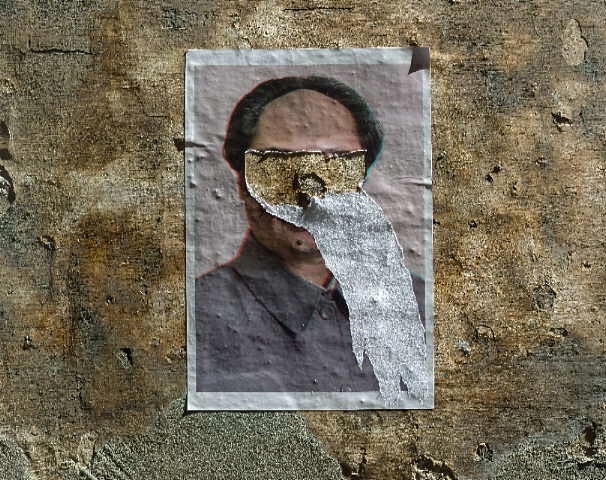Joe Stiglitz nails it:
The economics behind the program that the “troika” (the European Commission, the European Central Bank, and the International Monetary Fund) foisted on Greece five years ago has been abysmal, resulting in a 25% decline in the country’s GDP. I can think of no depression, ever, that has been so deliberate and had such catastrophic consequences: Greece’s rate of youth unemployment, for example, now exceeds 60%.
It is startling that the troika has refused to accept responsibility for any of this or admit how bad its forecasts and models have been. But what is even more surprising is that Europe’s leaders have not even learned. The troika is still demanding that Greece achieve a primary budget surplus (excluding interest payments) of 3.5% of GDP by 2018.
Economists around the world have condemned that target as punitive, because aiming for it will inevitably result in a deeper downturn. Indeed, even if Greece’s debt is restructured beyond anything imaginable, the country will remain in depression if voters there commit to the troika’s target in the snap referendum to be held this weekend.
In terms of transforming a large primary deficit into a surplus, few countries have accomplished anything like what the Greeks have achieved in the last five years. And, though the cost in terms of human suffering has been extremely high, the Greek government’s recent proposals went a long way toward meeting its creditors’ demands.
We should be clear: almost none of the huge amount of money loaned to Greece has actually gone there. It has gone to pay out private-sector creditors – including German and French banks. Greece has gotten but a pittance, but it has paid a high price to preserve these countries’ banking systems. The IMF and the other “official” creditors do not need the money that is being demanded. Under a business-as-usual scenario, the money received would most likely just be lent out again to Greece.
So what is this about? Actually, it’s about democracy, an inconvenience for the European ‘project’. Stiglitz again:
In January, Greece’s citizens voted for a government committed to ending austerity. If the government were simply fulfilling its campaign promises, it would already have rejected the proposal. But it wanted to give Greeks a chance to weigh in on this issue, so critical for their country’s future wellbeing.
That concern for popular legitimacy is incompatible with the politics of the eurozone, which was never a very democratic project. Most of its members’ governments did not seek their people’s approval to turn over their monetary sovereignty to the ECB. When Sweden’s did, Swedes said no. They understood that unemployment would rise if the country’s monetary policy were set by a central bank that focused single-mindedly on inflation (and also that there would be insufficient attention to financial stability). The economy would suffer, because the economic model underlying the eurozone was predicated on power relationships that disadvantaged workers.
And, sure enough, what we are seeing now, 16 years after the eurozone institutionalized those relationships, is the antithesis of democracy: Many European leaders want to see the end of Prime Minister Alexis Tsipras’s leftist government. After all, it is extremely inconvenient to have in Greece a government that is so opposed to the types of policies that have done so much to increase inequality in so many advanced countries, and that is so committed to curbing the unbridled power of wealth. They seem to believe that they can eventually bring down the Greek government by bullying it into accepting an agreement that contravenes its mandate.
There’s a strange echo of the past here. This time last year I was reading and enjoying Chis Clark’s terrific book The Sleepwalkers: How Europe Went to War in 1914 and marvelling at how the various leaders of European states managed to stumble into a catastrophe. Well, guess what? We’re watching a re-run of the same syndrome now: allegedly smart guys in European capitals getting ready to trigger the collapse of a currency that never ought to have been born.
and marvelling at how the various leaders of European states managed to stumble into a catastrophe. Well, guess what? We’re watching a re-run of the same syndrome now: allegedly smart guys in European capitals getting ready to trigger the collapse of a currency that never ought to have been born.
Note also the ideologically-motivated disdain of Europe’s ruling elites toward the Greeks. There was a revealing note by Jason Karaian on Quartz.com this morning:
Some things are too important to be left to voters. At least, that’s what Joschka Fischer, Germany’s former foreign minister, told a room of eurocrats (and this reporter) earlier this week. Few of the most important decisions in his country’s post-war history would have won a majority if put to a vote, he said. Why should Ireland’s pesky habit of rejecting EU treaty changes to rebuke the local government overturn the will of the entire bloc? And California is hardly the best-run state in the US because it relies so heavily on direct democracy—quite the opposite.
Mix in money, and things get trickier still. Bo Lundgren, the architect of Sweden’s much admired bank bailout program in the early 1990s, says that voters would have never approved of his government’s moves if they asked for it. Former US treasury secretary Tim Geithner offered a similar analysis of his efforts to clean up the country’s subprime mess: “You have to do things that are going to be fundamentally impossible to explain to people.”
In short, those who earn the people’s mandate should know when to lead and when to follow. Tsipras has punted a tough decision to his people, when history suggests that it requires brave, proactive, and potentially unpopular leadership. Too little democracy is a bad thing, of course, but so is too much of it.
Oh, yeah?




